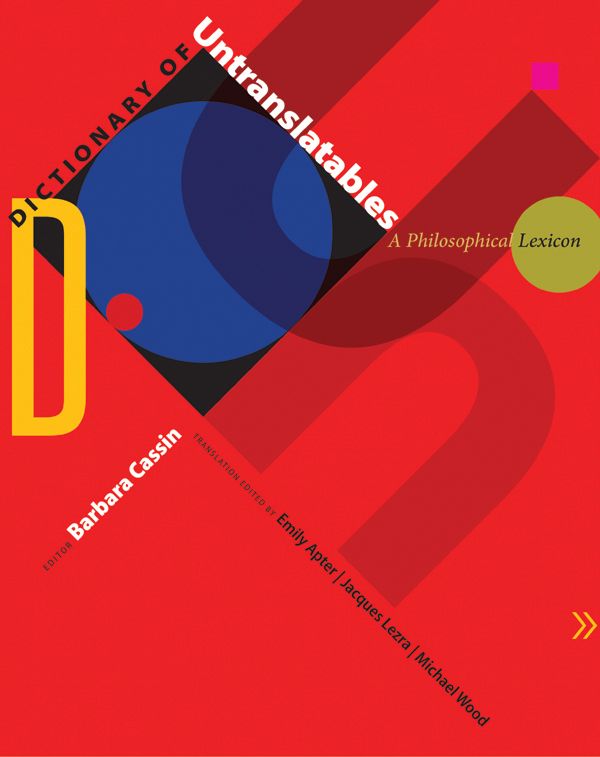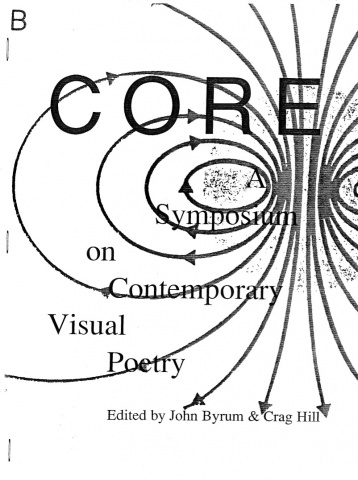Martin Esslin: The Theatre of the Absurd (1961–)
Filed under book | Tags: · absurd, history of theatre, language, theatre

“In 1953 Samuel Beckett’s Waiting for Godot premiered at a tiny avant-garde theatre in Paris; within five years, it had been translated into more than twenty languages and seen by more than a million spectators. Its startling popularity marked the emergence of a new type of theatre whose proponents – Beckett, Adamov, Ionesco, Genet, Pinter, and others – shattered dramatic conventions and paid scant attention to psychological realism, while highlighting their characters’ inability to understand one another. In 1961, Martin Esslin gave a name to the phenomenon in his ground-breaking study of these playwrights who dramatized the absurdity at the core of the human condition.
Over five decades after its initial publication, Esslin’s landmark book has lost none of its freshness. Authoritative, engaging, and eminently readable, The Theatre of the Absurd is nothing short of a classic: vital reading for anyone with an interest in the theatre.”
First published by Anchor Books, 1961
Second edition first published by Pelican Books, 1968
Third edition first published by Pelican Books, 1980
Review (Lionel Abel, Partisan Review, Summer 1962, pp 454-459)
Esslin’s article preceding the book (The Tulane Drama Review 4:4, May 1960)
PDF (1961 Anchor Books edition, 20 MB, no OCR, added 2014-5-3)
multiple formats (1972 Pelican Books reprint of the second edition [1968], 463 pp, at Archive.org)
PDF (1991 Penguin Books reprint of the third edition [1980], 480 pp, 58 MB, no OCR)
Barbara Cassin (ed.): Dictionary of Untranslatables: A Philosophical Lexicon (2004–) [FR, EN]
Filed under book | Tags: · aesthetics, history of philosophy, humanities, knowledge, language, linguistics, literary theory, literature, logic, philosophy, political theory, translation

“This is an encyclopedic dictionary of close to 400 important philosophical, literary, and political terms and concepts that defy easy–or any–translation from one language and culture to another. Drawn from more than a dozen languages, terms such as Dasein (German), pravda (Russian), saudade (Portuguese), and stato (Italian) are thoroughly examined in all their cross-linguistic and cross-cultural complexities. Spanning the classical, medieval, early modern, modern, and contemporary periods, these are terms that influence thinking across the humanities. The entries, written by more than 150 distinguished scholars, describe the origins and meanings of each term, the history and context of its usage, its translations into other languages, and its use in notable texts. The dictionary also includes essays on the special characteristics of particular languages–English, French, German, Greek, Italian, Portuguese, Russian, and Spanish.
Originally published in French, this one-of-a-kind reference work is now available in English for the first time, with new contributions from Judith Butler, Daniel Heller-Roazen, Ben Kafka, Kevin McLaughlin, Kenneth Reinhard, Stella Sandford, Gayatri Chakravorty Spivak, Jane Tylus, Anthony Vidler, Susan Wolfson, Robert J. C. Young, and many more.The result is an invaluable reference for students, scholars, and general readers interested in the multilingual lives of some of our most influential words and ideas.”
The book has been or is in the process of being translated into Arabic, Chinese, Farsi, Portuguese (5 Vols, scheduled 2009-11), Romanian (scheduled 2013), Russian, Spanish, and Ukrainian (3 Vols, 2009-13, (2), (3)).
First published in French as Vocabulaire européen des philosophies: Dictionnaire des intraduisibles, Seuil/Le Robert, Paris, 2004.
English edition
Translated by Steven Rendall, Christian Hubert, Jeffrey Mehlman, Nathanael Stein, and Michael Syrotinski
Translation edited by Emily Apter, Jacques Lezra and Michael Wood
Publisher Princeton University Press, 2014
Translation/Transnation series
ISBN 0691138702, 9780691138701
1344 pages
Untranslatables and their Translations (Barbara Cassin, Transeuropéennes, 2009, in French, English, Arabic and Turkish)
Commentary (Jacques Lezra, video, 12 min, 2014, in English)
Wikipedia (FR)
Project website (archived)
Publisher (FR)
Publisher (EN)
Vocabulaire européen des philosophies – Échantillon IMAGE (French, HTML version of 30 entries related to the notion of image)
Dictionary of Untranslatables (English, EPUB, PDF)
John Byrum, Crag Hill (eds.): Core: A Symposium on Contemporary Visual Poetry (1993)
Filed under book | Tags: · concrete poetry, language, literary theory, literature, mail art, poetry, visual poetry

“CORE consists of materials sent in response to a questionnaire on visual poetry developed and distributed by Crag Hill and John Byrum. The questionnaire was distributed to approximately 200 people in several countries whose efforts have been largely concerned with visual poetry. Nearly all of the respondents consider at least some of their literary work as visual poetry or visual literature.
The responses constitute a core sample of the issues, methods, and practices of contemporary visual poetry, and of the respondents’ perceptions regarding its situation within contemporary culture. Respondents were encouraged to deal with the ‘spirit’ of the issues raised by the questionnaire as much as with the particular questions themselves.” (from the Introduction)
Contributions by Johanna Drucker, Charles Bernstein, Dick Higgins, Richard Kostelanetz, Steve McCaffery, Eduardo Kac, among many others.
Publisher Generator Press, Mentor/OH, and Score, Mill Valley/CA, 1993
ISBN 0945112165
156 pages
via imagenigma

